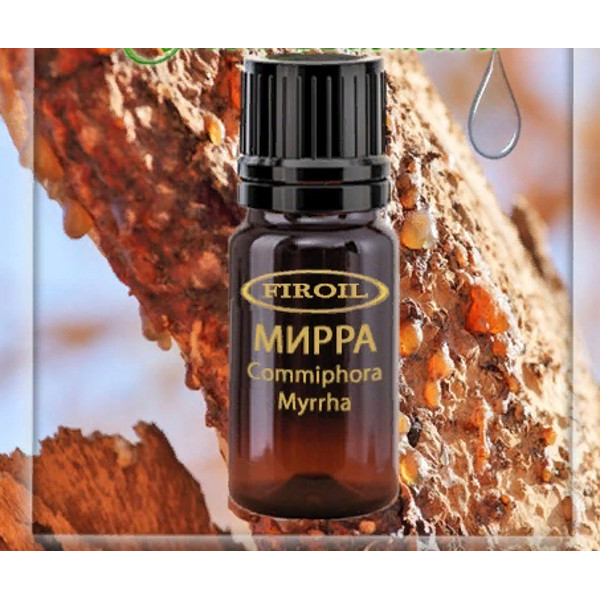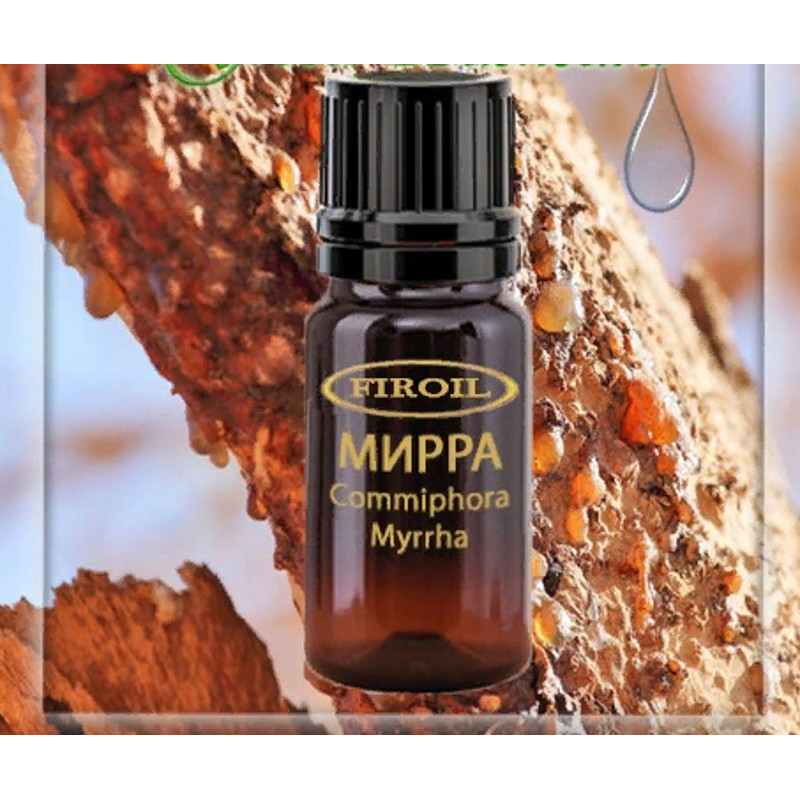COMMIPHORA MYRRHA NATURAL ESSENTIAL OIL 50 ml ( 1.69 oz)
-15%
$285.00
$331.00
& FREE Shipping
You Save:$46.00
15% off
Quantity
1
Payment Methods:
About this item
- Myrrh essential oil is obtained from the resin of a low-growing tree growing in northeastern Africa, especially in the southern part of the Arabian Peninsula, by water-steam distillation. In Western and Eastern medicine, myrrh has been used since ancient times. In ancient Egypt, myrrh was first used only for religious incense and embalming, but after the abolition of the state monopoly on incense, it also became the most important component of incense oils used in cosmetics and perfumes from the XIII century BC. In China, myrrh was used to treat arthritis, menstrual disorders, ulcers and hemorrhoids. She was treated for asthma, colds. Many ancient chronicles extolled the healing properties of this plant: it was used to stimulate childbirth, treat skin ulcers and gums. At the beginning of the XX century. myrrh was used in hospitals for the treatment of bedsores.
Possessing a strong anti-inflammatory and expectorant effect, myrrh essential oil is widely used in aromatherapy in the fight against such ailments as asthma, bronchitis, tracheitis, laryngitis, hoarseness of voice. In dermatology, myrrh oil is considered indispensable for various skin diseases, such as wet eczema, allergic dermatitis, trophic ulcers, fistulas, poorly healing wounds, fungal lesions of the skin and mucous membranes, helps with multiple baldness and hair loss. Myrrh oil is widely used in dentistry for stomatitis, gingivitis, bleeding gums, periodontal disease, bad breath.
Any of the essential oils in some people with highly sensitive skin can cause allergies. This happens extremely rarely, but for safety reasons, we recommend conducting a test for the tolerance of essential oils. To do this, dilute a few drops of myrrh oil with a small amount of any vegetable oil and apply to the wrist area. If the oil has not caused you any allergic reaction within 12 hours, you can use it.



